At Searidge Alcohol Rehab we are committed to leading in clinically based effective alcohol addiction treatment and maintaining a recovery program based on up-to-date research.

Laughter Therapy For Addiction
One of our most innovative therapies for alcohol addiction treatment is laughter therapy. It is well known that laughter elicits exactly the same reactions in the brain as substance abuse- it raises the levels of dopamine. Laughter has incredibly positive effects on the mind, body, and soul and is one of the best alternatives available for dealing with the stresses of everyday life and recovery. While this therapy might feel initially forced, it quickly becomes contagious in-group sessions. Under the guidance of “laughologist” and renowned documentary filmmaker Albert Nerenberg, our laughter therapy sessions have proven very successful.
Cognitive Bias Modification In Alcohol Addiction Research
Cognitive Bias Modification is a computer-based therapy involving the positive or negative reaction to images shown on a screen. During sessions, a resident will use a joystick to either ‘pull towards’ or “push away” from an image. Some images will involve alcohol abuse, such as a picture of a beer, which the resident would push away from. It has been shown that repeated sessions of CBM help to train the brain to physically and mentally push away from the real-life equivalent objects pictured on the screen. It has been proven that in conjunction with Cognitive Behavioural Therapy CBM raises the rates of continued recovery.

Mcgill University Research Into PTSD And Alcohol Addiction Memory
Searidge Alcohol Rehab and its sister centre in Quebec, Sobriety Home is committed to supporting research into PTSD and addiction memory conducted by Dr. Alain Brunet at McGill University. This study is investigating methods to decrease the traumatic effects of memories by toning them down. This ideally would allow those who have experienced such events to live functional lives. Dr. Brunet’s work has been featured in a number of respected media outlets, such as WIRED magazine and the Montreal Gazette.

